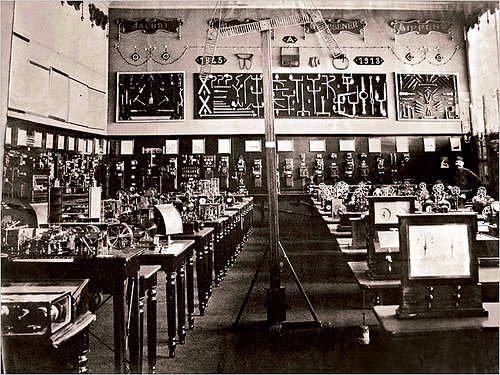Even in 1895, such a project marked an act of colossal intellectual hubris. The two men set out to collect data on every book ever published, along with a vast collection of magazine and journal articles, photographs, posters and all kinds of ephemera — like pamphlets — that libraries typically ignored. Using 3 by 5 index cards (then the state of the art in storage technology), they went on to create a vast paper database with more than 12 million individual entries.

Otlet and LaFontaine eventually persuaded the Belgian government to support their project, proposing to build a “city of knowledge” that would bolster the government’s bid to become host of the League of Nations. The government granted them space in a government building, where Otlet expanded the operation. He hired more staff, and established a fee-based research service that allowed anyone in the world to submit a query via mail or telegraph — a kind of analog search engine. Inquiries poured in from all over the world, more than 1,500 a year, on topics as diverse as boomerangs and Bulgarian finance.
Máis información:
– The web time forgot (de onde están tiradas as citas anteriores)